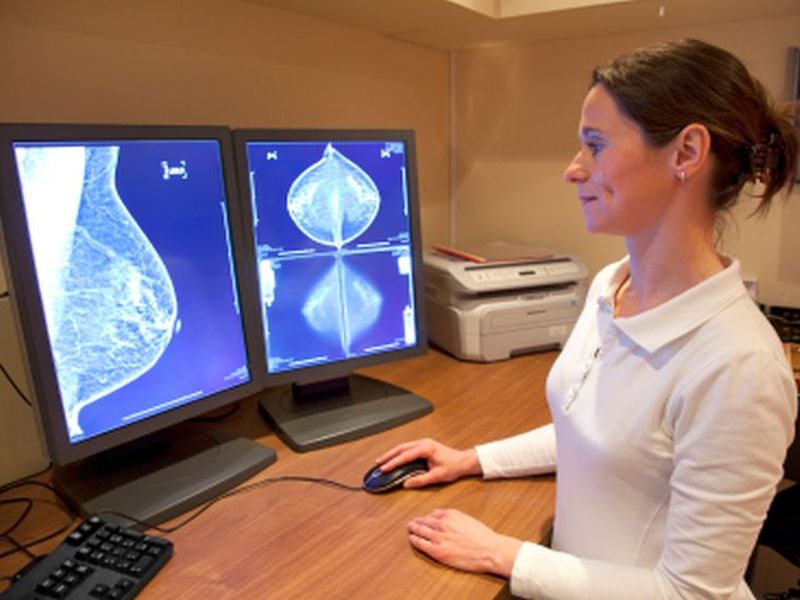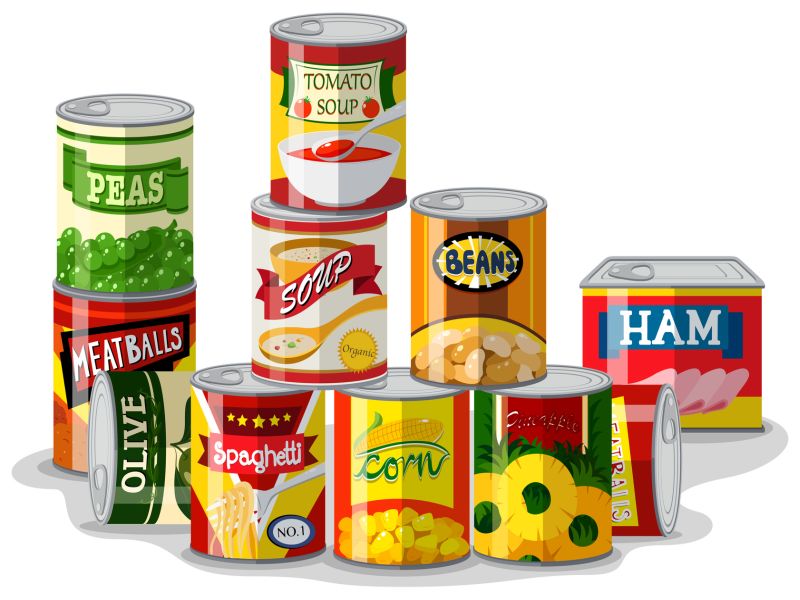
Bottlemouth syndrome is a form of tooth decay that affects babies and young children. It is caused by prolonged drinking of sugary liquids from a bottle. The American Academy of Pediatrics says children are at greater risk of bottlemouth if they are put to bed with a bottle of milk or juice. The decay is… read on >






























